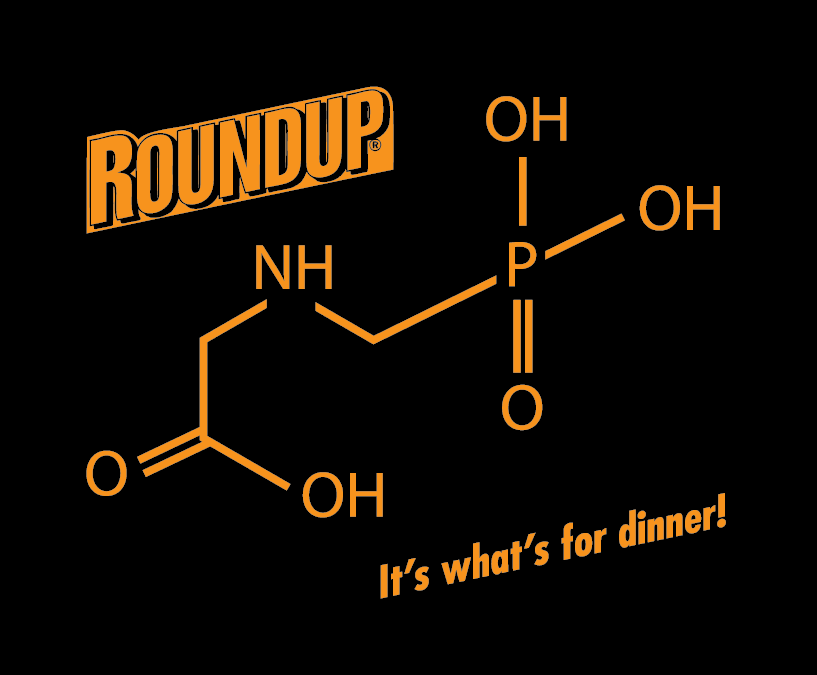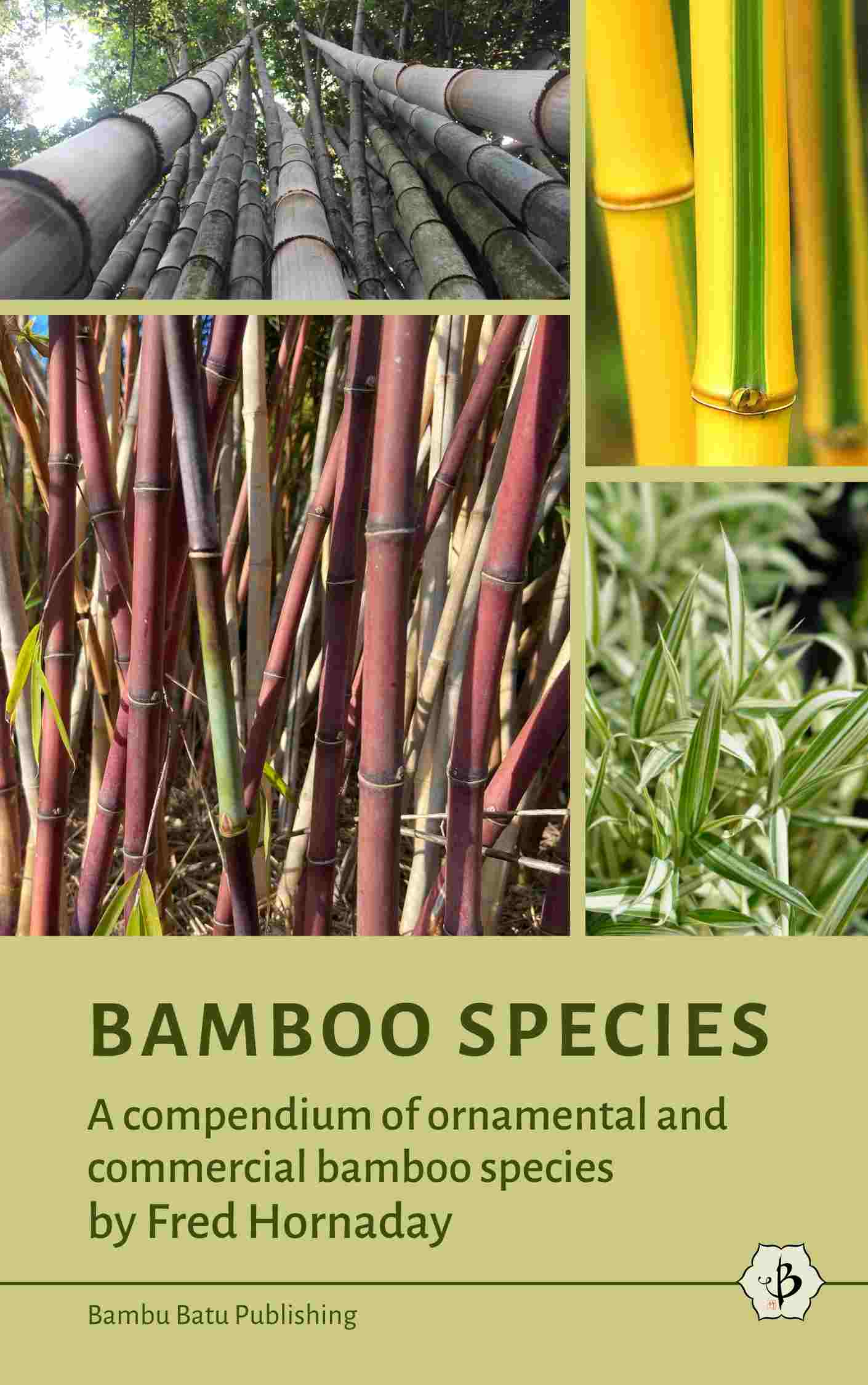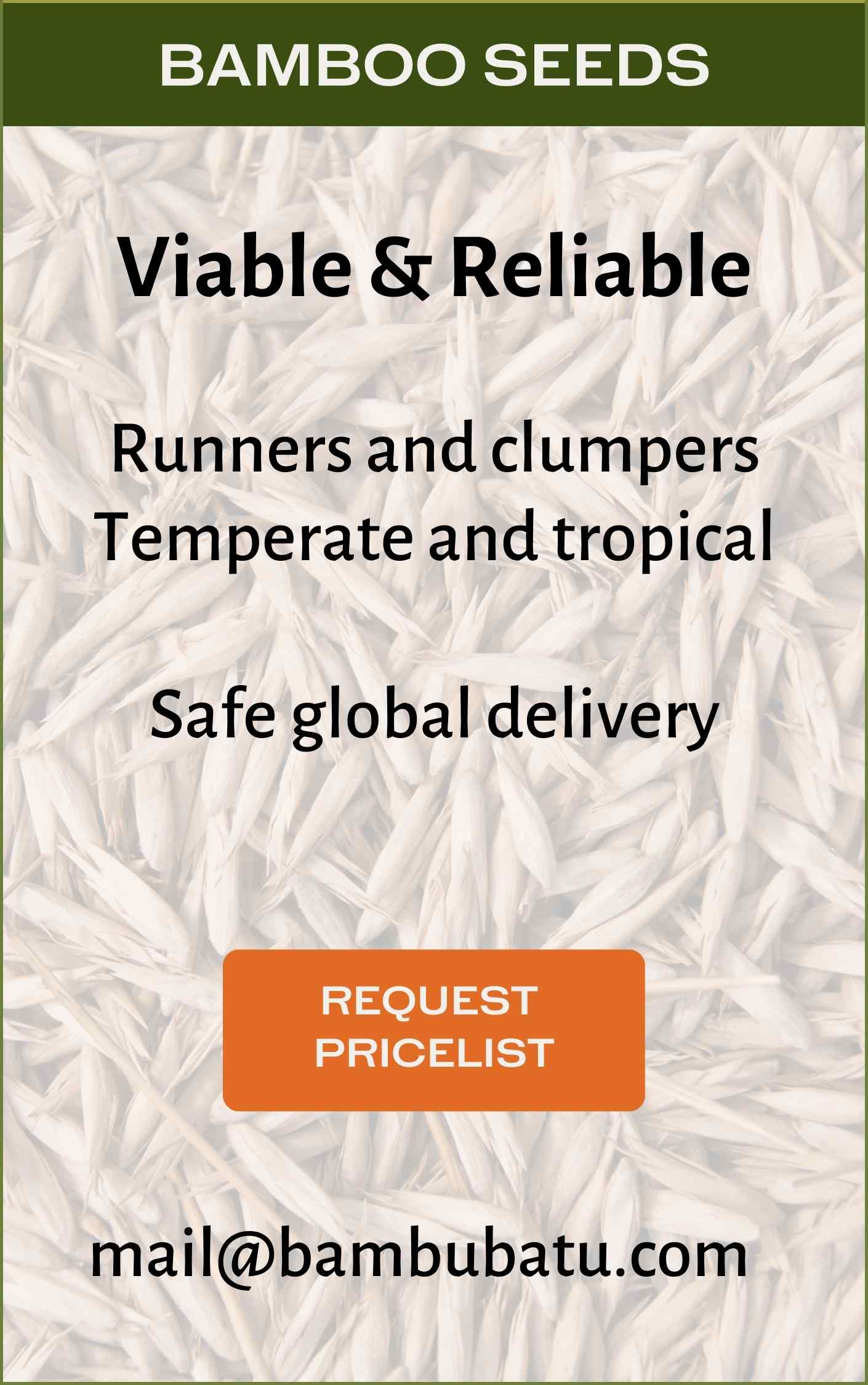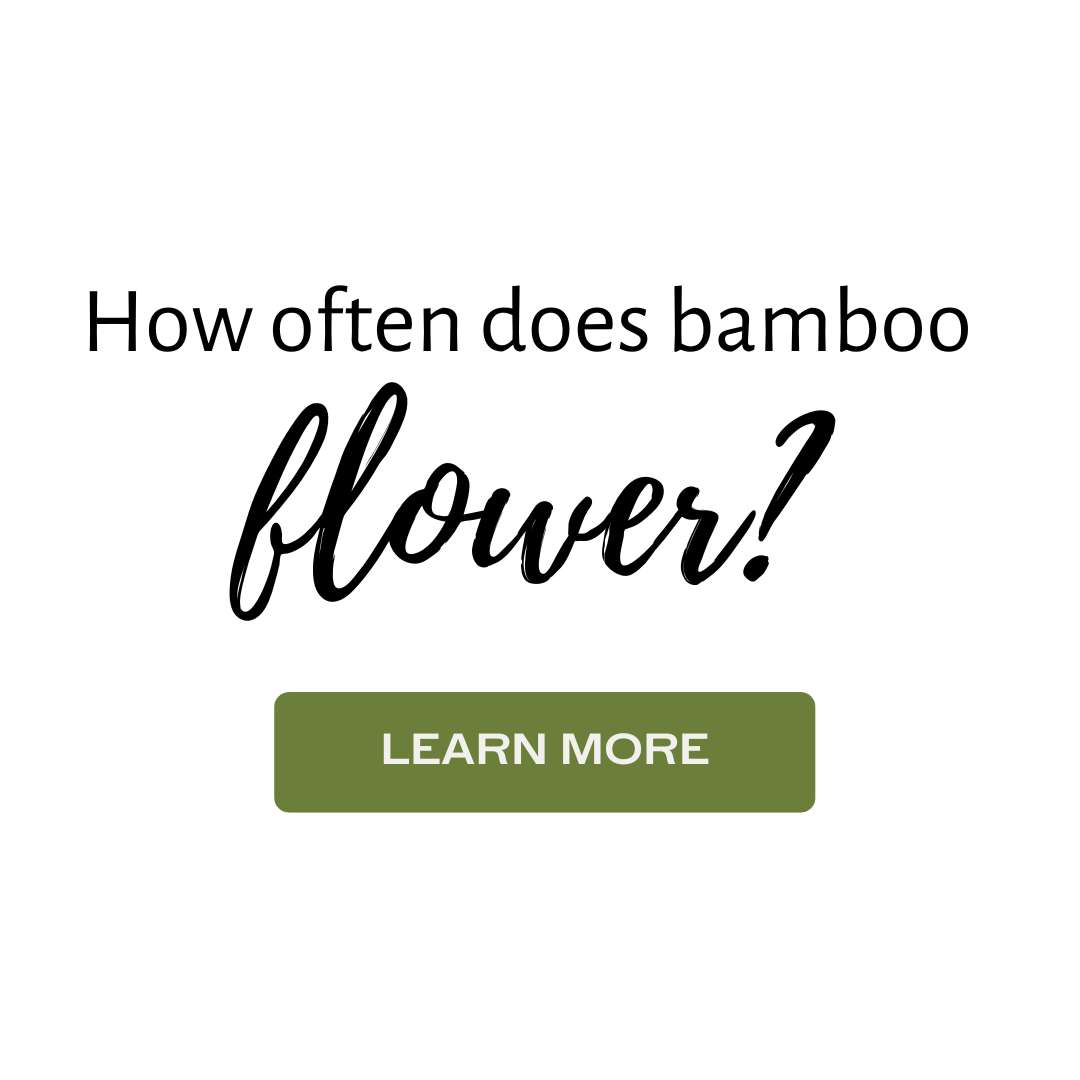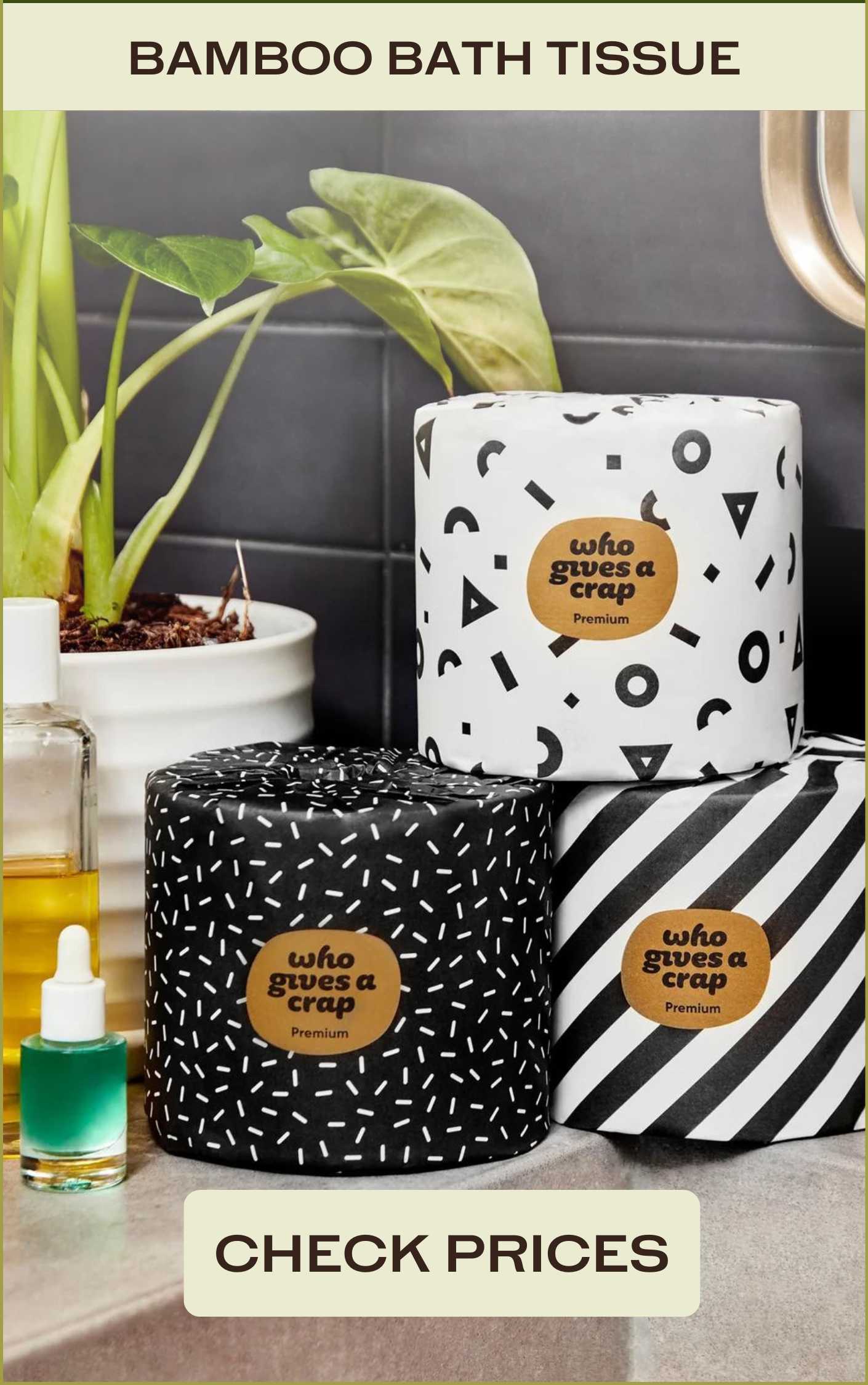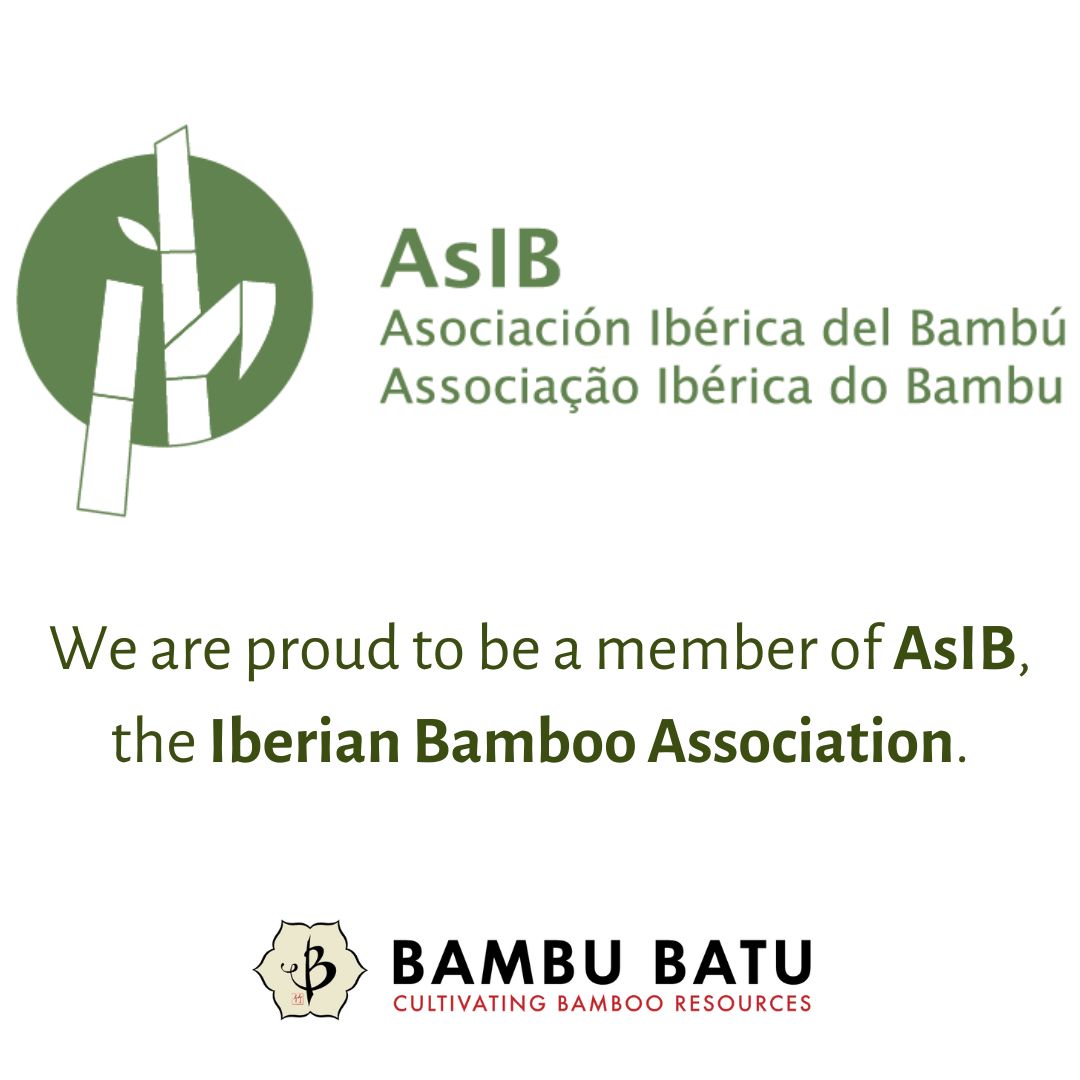NOTE: This article first ran in July 2013. The most recent update was in May 2022.
Whatever happened to the good old days when deciding what to eat didn’t have to be a political statement or involve enough research to qualify for a doctoral dissertation? Now, if you want to be sure that you are consuming food that is free of pesticides, genetic modification, or the influence of big agribusiness, you have to be hyper-vigilant about every aspect of your grocery supply chain. Among the major offenders to the environment, small farmers, and decency in general, is Monsanto, the maker of Roundup and a number of GMOs that have infected other crops, created superweeds, and potentially affected the health of millions around the world.
From its poisonous pantry of industrial seed stock, Monsanto boasts a wide variety of “Roundup Ready” crops — including soybeans, alfalfa, corn, sugar beets, canola and cotton — whose DNA has been altered to withstand heavy doses of their own trademarked herbicide. This allows farmers to spray their fields with toxic glyphosate, eradicating the weeds and leaving behind nothing but their cash crop, albeit laden with Roundup®. These Roundup Ready crops grow prolifically in the United States, although they have been banned throughout the European Union and much of South America.
To raise awareness about the presence of this popular herbicide in conventionally-grown food crops, Bambu Batu issued a small batch of limited edition bamboo t-shirts emblazoned, in bright orange on black, with the slogan, “Roundup: It’s what’s for dinner.” Beneath the catchphrase is a molecular diagram of glyphosate, the chemical compound in question. The shirt fabric consists of 70% viscose from bamboo and 30% organic cotton.
Make a strong statement by using a little sense of humor! Start a conversation and a revolution to take back control of our food supply. Roundup may be what’s for dinner, but Monsanto will get their just desserts. In fact, since the release of this design in 2013, there has been increasing discussion of glyphosate and its hazards in the public discourse. And the shirt has become something of a collector’s item. I’m glad I got mine when I did.
Bamboo, herbicides, and phytoremediation
One of the things we love about bamboo, as a natural resource and a raw material, is how well it grows with minimal need for pesticides and fertilizers. Compared to most tender food crops and boll weevil-infested cotton, bamboo just about grows itself. As a grass, it’s pretty hardy and demands little in the way of nutrients. Still, the popular claim that bamboo will flourish with zero fertilizer, irrigation, or pest control is a bit of a stretch.
(See my article on The challenges and pitfalls of commercial bamboo farming to learn more.)
Even so, bamboo is much less vulnerable than the majority of cash crops. And in most cases, commercial bamboo can be grown organically. Most of the products we used to sell at Bambu Batu were made from certified organic bamboo. And as for the bamboo shirts and underwear, they almost always come from a blend of bamboo and certified organic cotton.
Indeed, our clothing was grown without pesticides, GMOs or Roundup. That’s kind of the whole point behind bamboo and organic cotton textiles.
But more than that, bamboo actually has properties of phytoremediation, also called bioremediation. That means it’s capable of drawing toxins out of the soil. In many parts of the midwest, where cereal farms have saturated the land with chemicals, including but not limited to glyphosate, phytoremediation has become necessary to restore the ecology. In that part of the world, they more commonly use alfalfa, mustard or bermudagrass.
But other other regions, like the tropics of Africa and Asia, bamboo makes more sense. In Nigeria, for example, research is underway to measure bamboo’s ability to restore soil that has been heavily polluted by oil drilling and related runoff. Meanwhile, in Vietnam, farmers are using bamboo to remove Agent Orange and other toxic defoliants that remain in the landscape, 50 years after the brutal war.
What better way to break the ice and initiate a contentious conversation, than with a bamboo t-shirt mocking the overuse of arguably carcenogenic agricultural compounds?
NOTE: Although our parody of Monsanto is protected by the Fair Use Act, we have decided not to list this t-shirt on our website, due to the biotech behemoth’s notoriously aggressive legal practices. When we first printed the shirts, we did list them online. But within a week of launching the product, that specific page on our website was the victim of a cyber attack. We’ve never had that happen before or since.
Bamboo t-shirts with a message
It should come as no surprise that this wasn’t Bambu Batu’s first t-shirt to make a political statement. In fact, the Roundup parody is actually based on a previous parody, the all-time best-selling bamboo t-shirt, “Kale” It’s what for dinner.”
It’s a long story, but this t-shirt was actually meant to make a mockery of Chick-Fil-A, which tried to sue a man in Vermont for making shirts that said: “Eat more Kale”. They seemed to think they owned the phrase “eat more”. Incidentally, the same fast food chain had also taken a strong stance against gay marriage. So we sold our shirts, printed on bamboo, and raised a few thousand dollars for marriage equality charity organizations in the process.
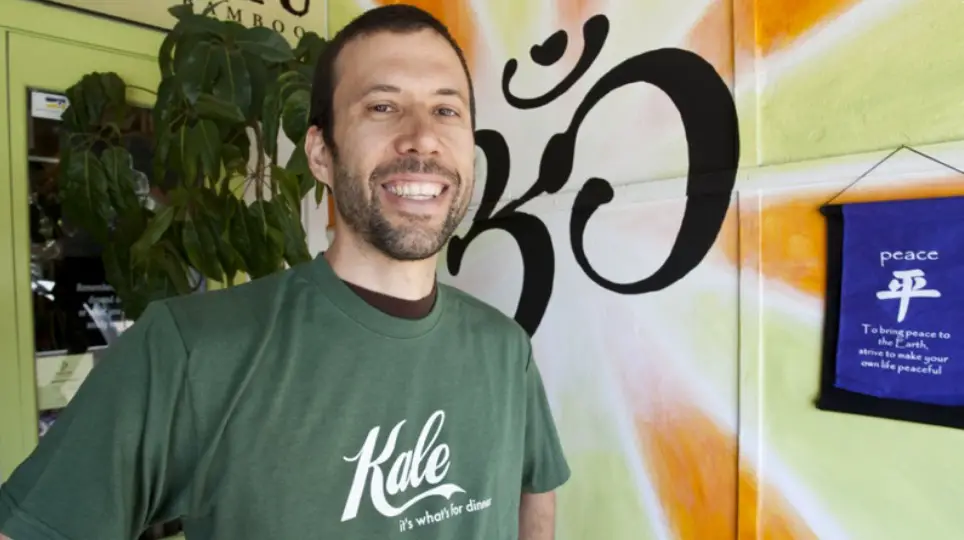
Another one of our best-selling designs featured a medieval woodblock image with the slogan, “Support your local farmer.” That shirt also sparked many fruitful conversations.
Another provocative design, but not quite as popular, had an image of the cooling towers at Diablo Canyon Nuclear Power Plant with the message “Fight the Power.” The State of California has since decided to decomission this aging atom-splitting facility. Talk about fashion forward!
2020 UPDATE: The Bambu Batu retail store closed at the onset of the pandemic, and these shirts are no longer available. Thank you for your support.
Learn more
If you’re a fan of organic farming and local activism, you might enjoy some of these other in-depth articles.

